California faces a daunting fiscal challenge with a projected $37.9 billion budget deficit. Gov. Gavin Newsom, addressing the gravity of the situation, has proposed measures, including utilizing the state’s reserve funds.
His approach also contemplates delaying the minimum wage increase for health care workers, indicating the seriousness of the financial shortfall the state is facing.
Adjusting Fiscal Strategies Amidst Deficit
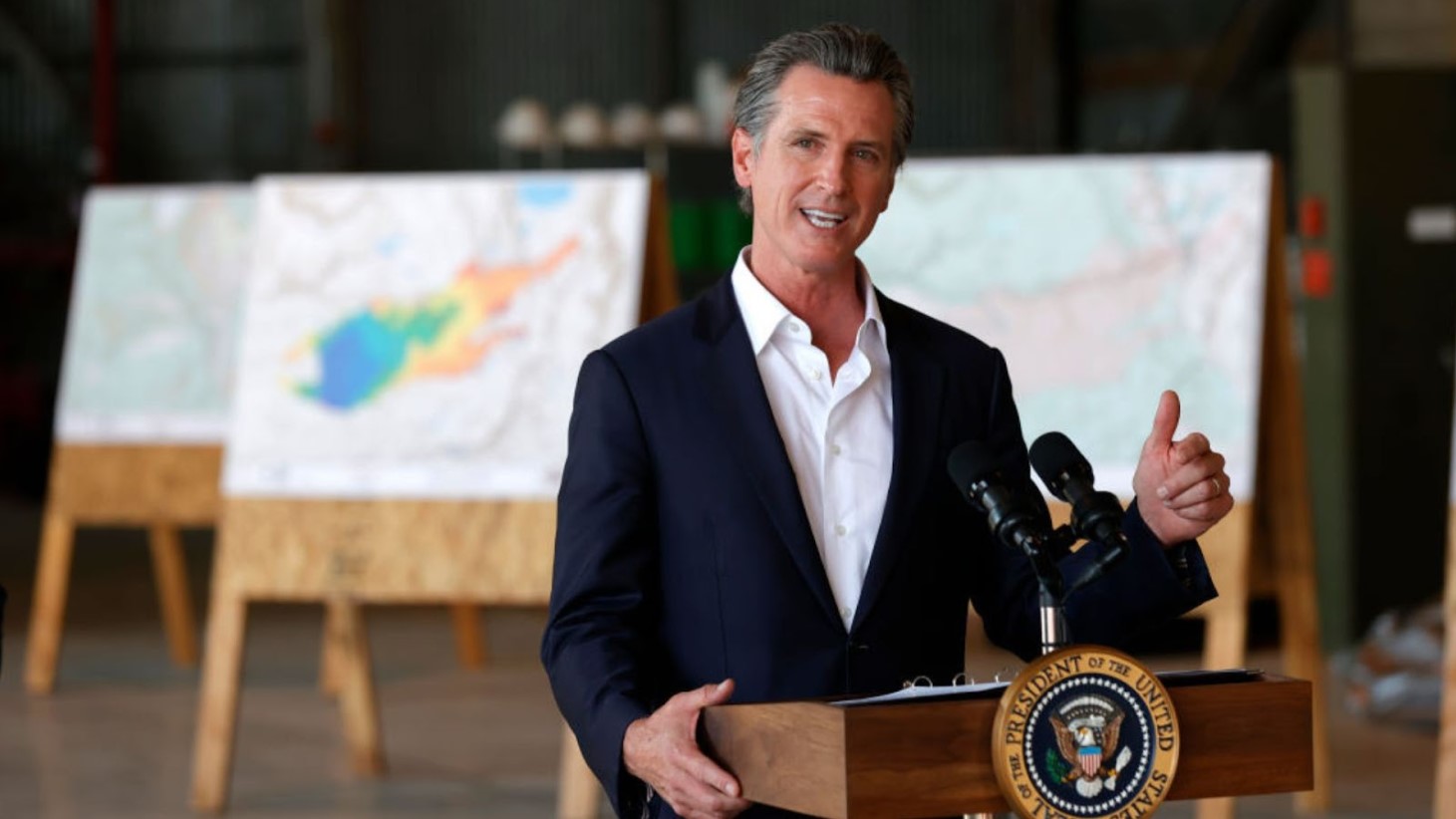
Newsom described this approach, saying, “This is a story of correction and normalcy, and one that we in some respects anticipated — the acuity perhaps not — and one we’re certainly prepared to work through” (via The Los Angeles Times).
This statement reflects the governor’s acknowledgment of the challenges while demonstrating his readiness to navigate through these fiscal difficulties.
Tapping into Reserves: A Necessary Step?

Gov. Newsom’s plan to address the state deficit involves accessing California’s reserves, a move that reflects the state’s dire financial situation.
The Los Angeles Times notes that this is a significant shift in the state’s approach to managing its finances, given the reluctance to use these reserves in the past.
A Larger Deficit Than Anticipated
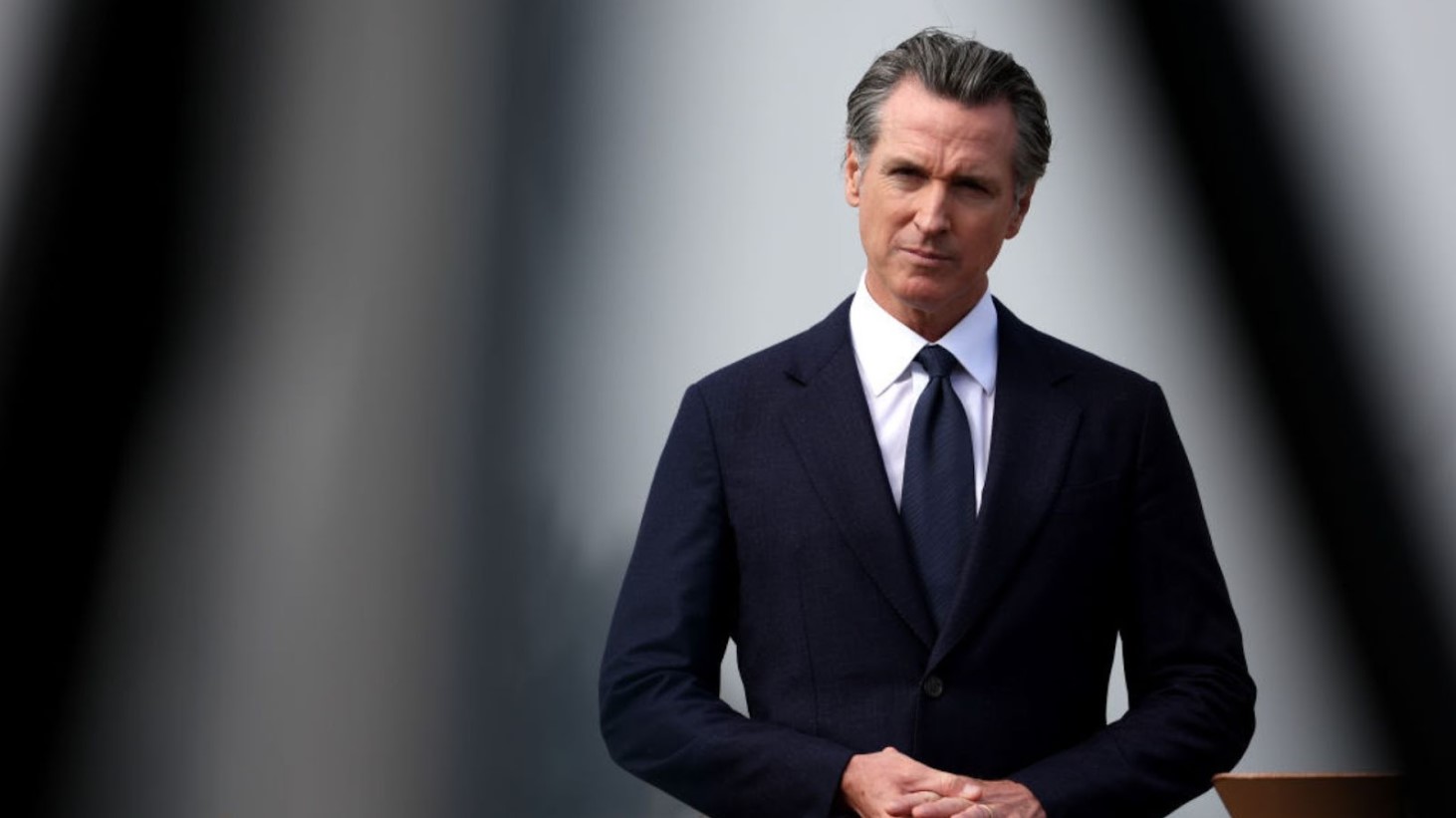
According to the Los Angeles Times, the deficit is now estimated at more than double the amount anticipated last June.
This revelation prompted a reevaluation of California’s budget strategy, leading to proposed cuts in various sectors including climate change initiatives and housing, as part of a larger effort to mitigate the fiscal crisis.
Reassessing Budget Priorities Amid Fiscal Challenges

In his $291.5-billion budget proposal, Gov. Newsom outlines a series of adjustments to counter the deficit.
Bloomberg reveals these include reconsidering health care wage increases and reducing spending in areas such as climate change efforts and housing.
Impact on Public Education and Schools

Gov. Newsom’s budget proposal significantly affects public education, with schools facing a unique set of challenges.
The funding for public schools is set at $109.1 billion, which constitutes approximately 40% of the state’s budget. Despite no major cuts, the funding per student sees a marginal decrease of $8 less per student, totaling $17,653, as per The Los Angeles Times.
Consequences For Library Services

CBS News reveals that California’s $68 billion deficit will impact various public services, including the popular park pass program in libraries.
This program, which offered free access to state parks, is at risk due to the budget constraints.
Park Pass Program at Risk Due to Budget Cuts

The park pass program, highly valued by Californians for providing free access to over 200 state parks, is threatened by the current budget cuts, as per information from CBS News.
This program has been a key feature of library services, offering substantial savings to residents and promoting outdoor activities.
Advocacy Efforts for Park Pass Program
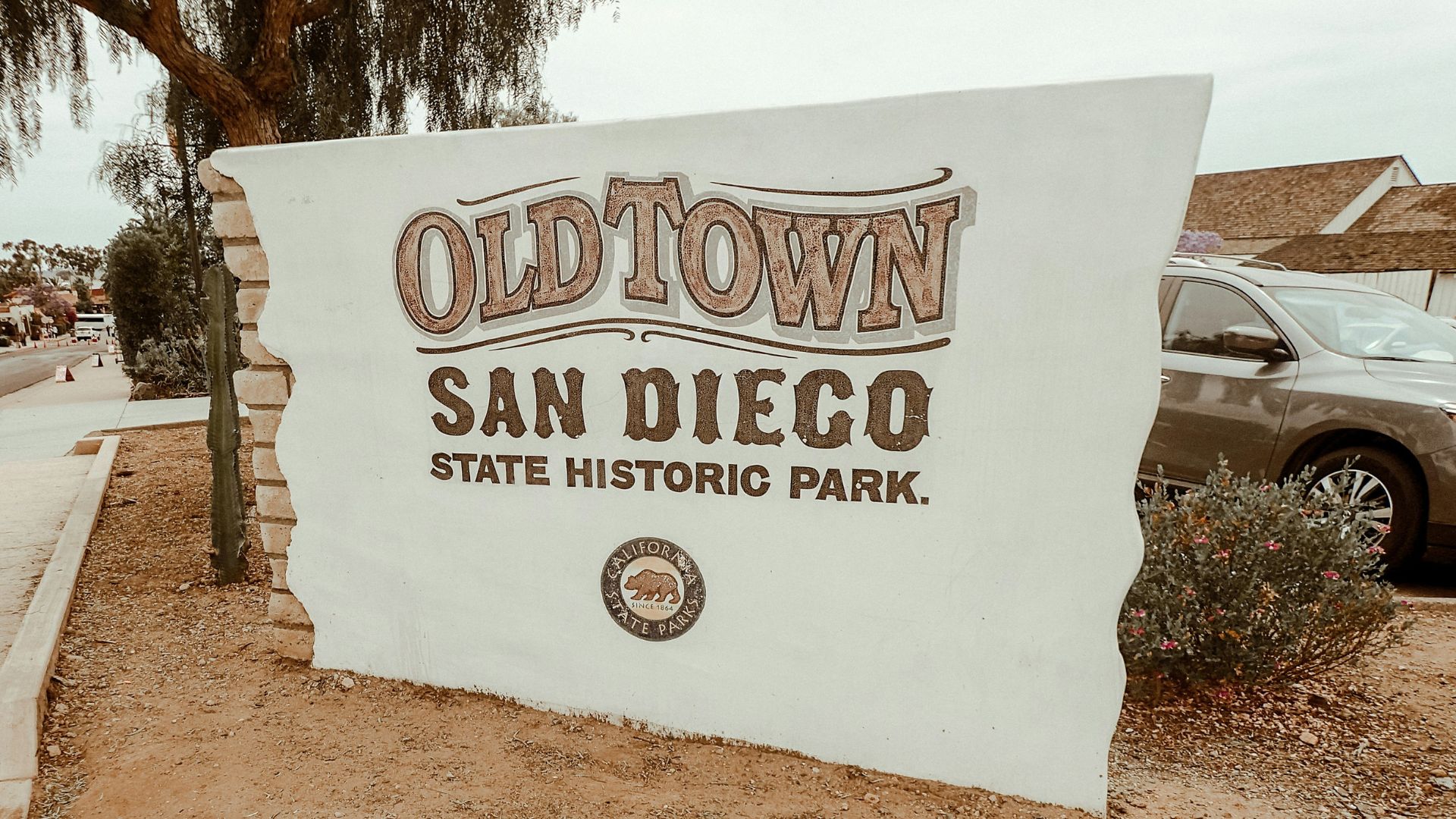
In response to the threatened cuts, advocacy groups are mobilizing to support the continuation of the park pass program, highlighting the importance of having access to outdoor space.
Todd Deck from the Sacramento Public Library told CBS News “Every statistic shows you communities are happier and healthier if they’re actively using the natural world,”
Rethinking Health Care Worker Wage Increases

The Los Angeles Times also discloses that Gov. Newsom suggests revisiting the legislation that aims to increase the minimum wage for health care workers to $25 per hour.
This potential delay in wage hikes, resting on state revenue levels, highlights the delicate balance between economic stability and supporting health care workers.
The Implications of Using Rainy-Day Funds

Gov. Newsom’s consideration of using the state’s reserves marks a significant policy shift. Until now, there has been resistance to tapping into these reserves.
This approach, while providing immediate relief, raises concerns about the availability of funds for future emergencies.
Mixed Feelings on Governor Newsom’s Leadership
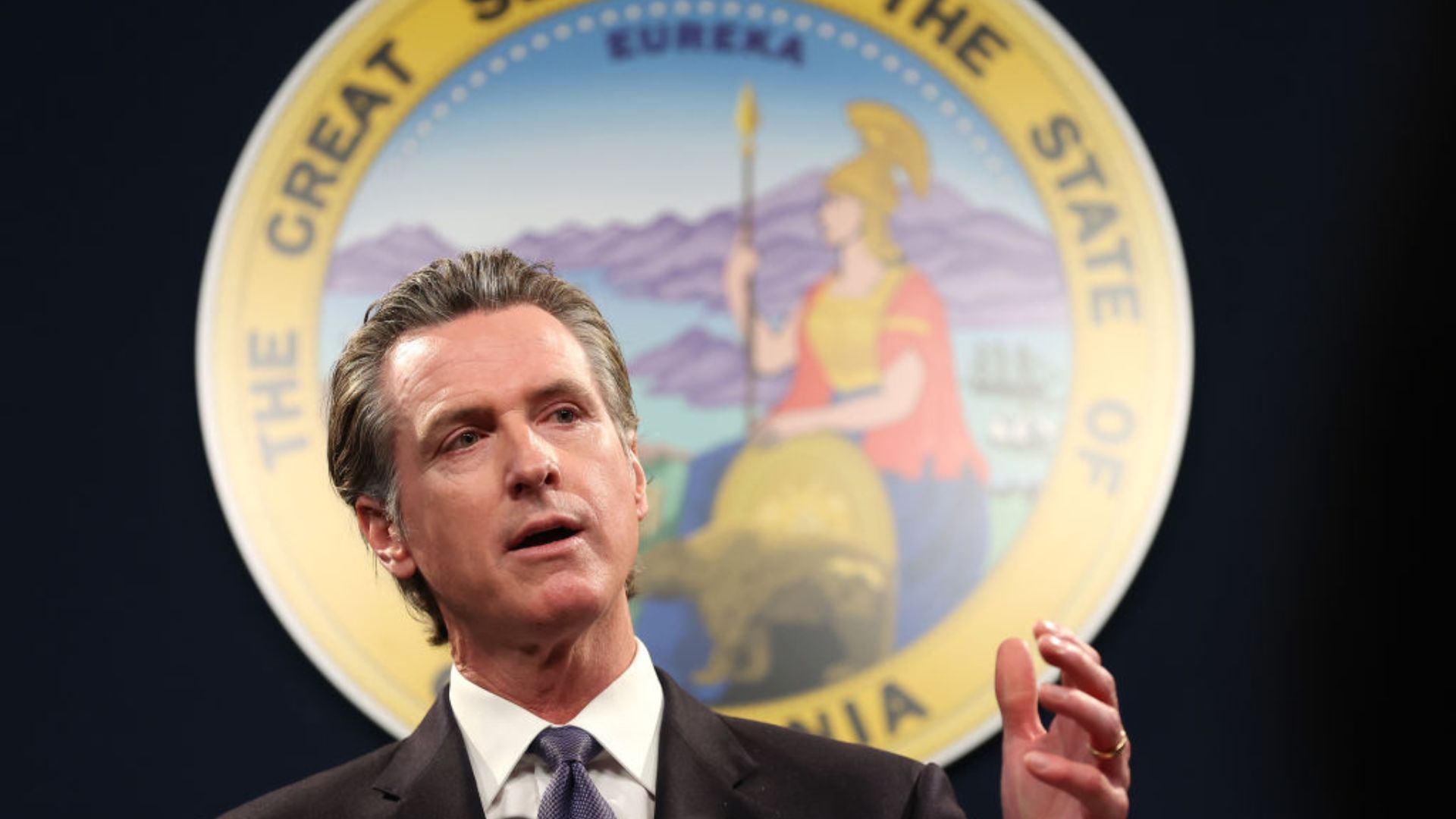
A Berkeley Institute of Governmental Studies poll reveals a divided sentiment among Californians regarding Governor Gavin Newsom’s leadership.
Approximately 47% of registered voters disapprove, while 46% approve. This is a slight shift from late October when disapproval was higher at 49%.
Voter Approval Shifts Over Time
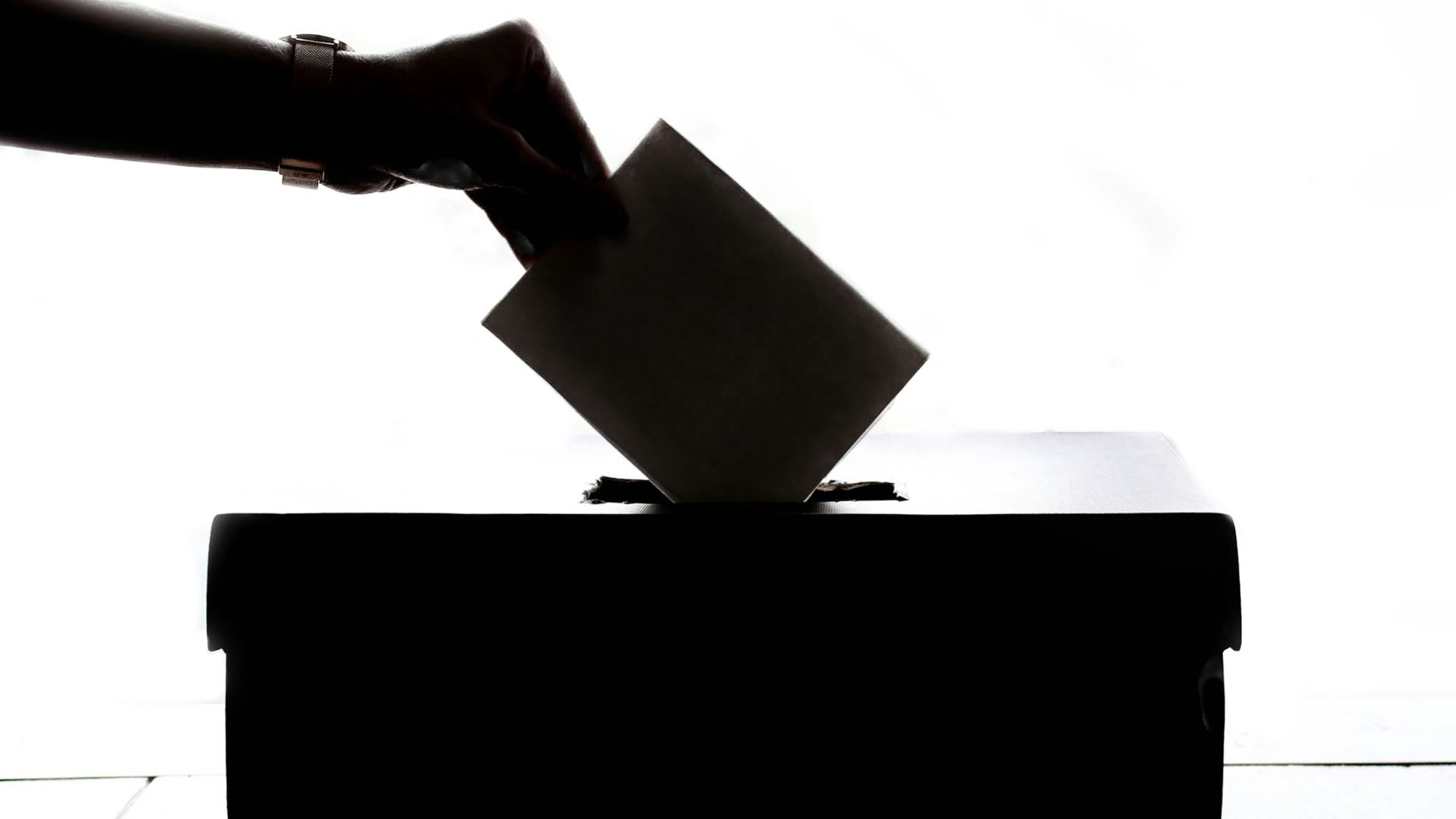
The Sacramento Bee reports that Governor Newsom’s approval ratings have fluctuated. In April 2021, 52% of voters approved of his leadership, a figure that has since declined.
His highest approval was in September 2020, during the COVID-19 peak, with 64% support.
Comparing Current Approval to Historical Data
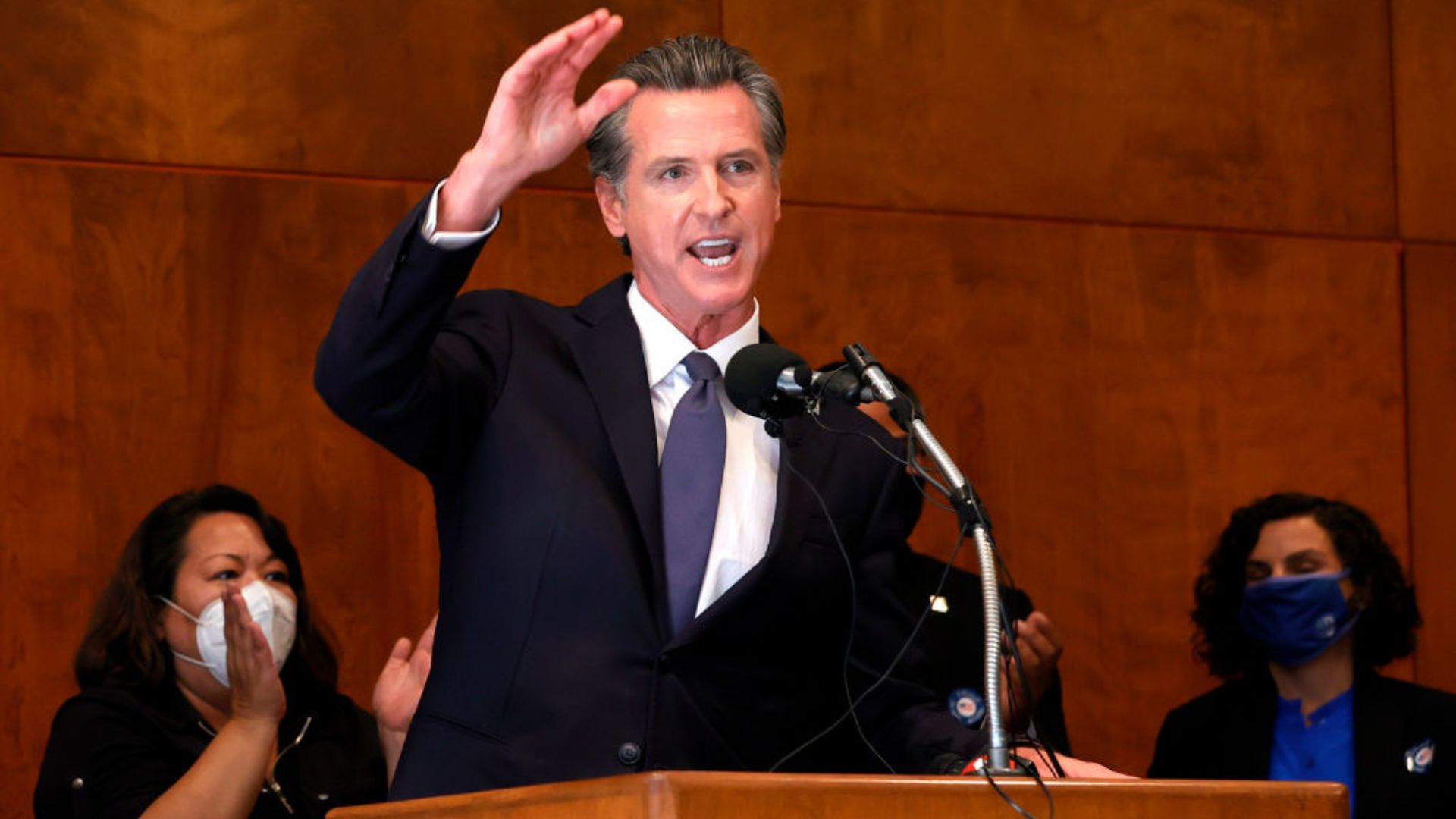
The current state of public opinion contrasts sharply with historical data, as reported by The Sacramento Bee.
During California’s financial struggles between 2008-2011, disapproval ratings were much higher, with 69% to 80% of voters dissatisfied. This comparison suggests a relatively better perception of the state’s direction under Newsom’s leadership.
Opinions on the Budget Crisis

Governor Newsom’s projection of the budget gap is estimated at around $38 billion, significantly lower than the $68 billion estimate from the Legislative Analyst’s Office.
The poll indicates that half of the voters surveyed view California’s spending shortfall as “extremely serious,” with 37% considering it “somewhat serious.”
Public Perception of California’s Direction

The Sacramento Bee explains that public opinion on the direction California is headed remains predominantly negative.
According to the poll, 57% believe the state is moving in the wrong direction, despite approval ratings still being higher than during past financial difficulties.
Survey Methodology

The Berkeley IGS conducted the survey with nearly 8,200 registered voters from the 4th – 8th January 2024.
The poll, which preceded Newsom’s budget announcement on January 10, has a 1.5% margin of error.
Voters’ Preference on Addressing the Budget Gap
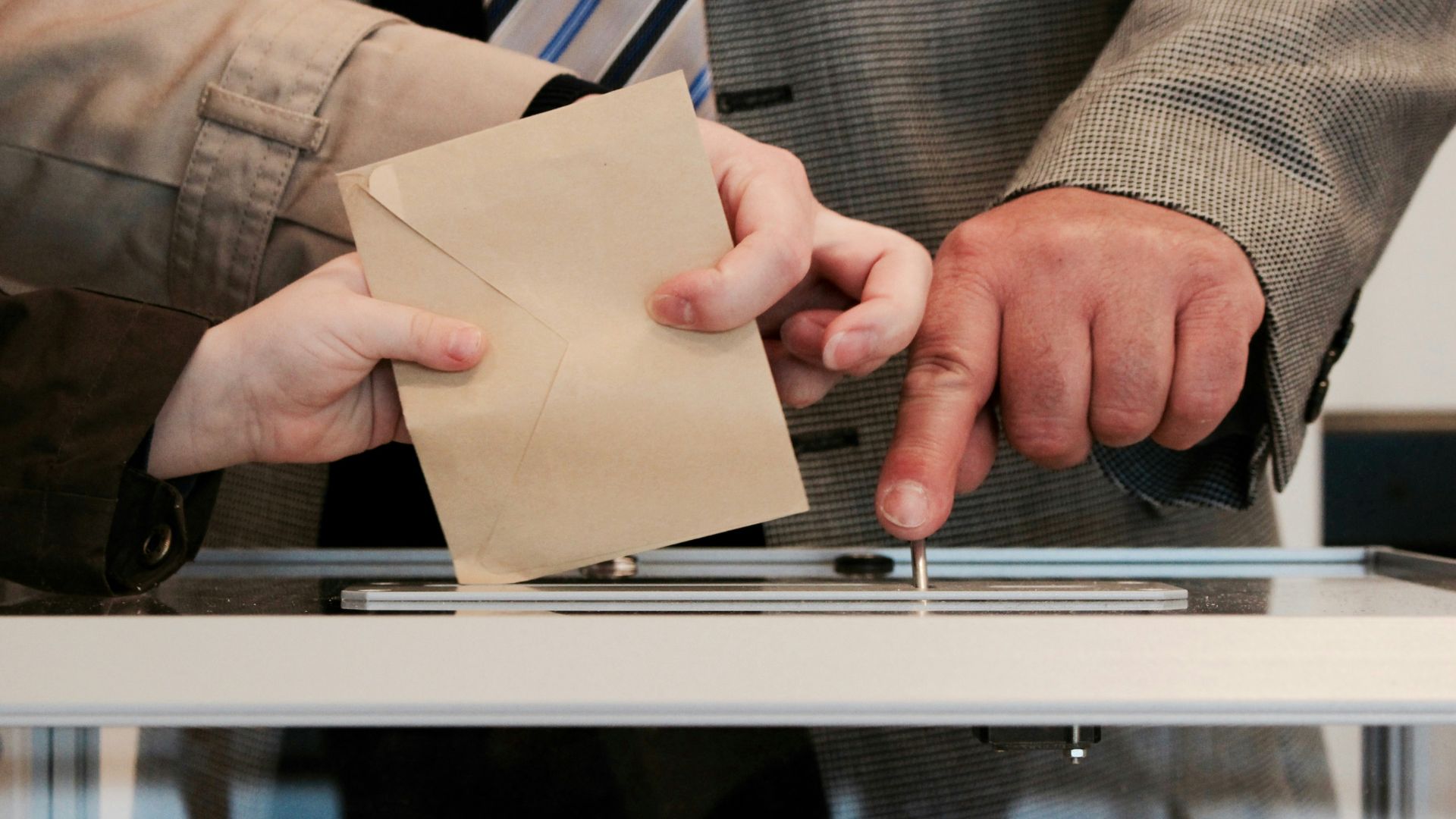
About 51% of surveyed voters prefer addressing the budget gap through spending cuts, The Sacramento Bee reveals.
In contrast, 35% support using California’s reserves, and only 13% favor tax increases. This indicates a preference for conservative fiscal measures over additional taxation.
Newsom’s Stance on Tax Increases
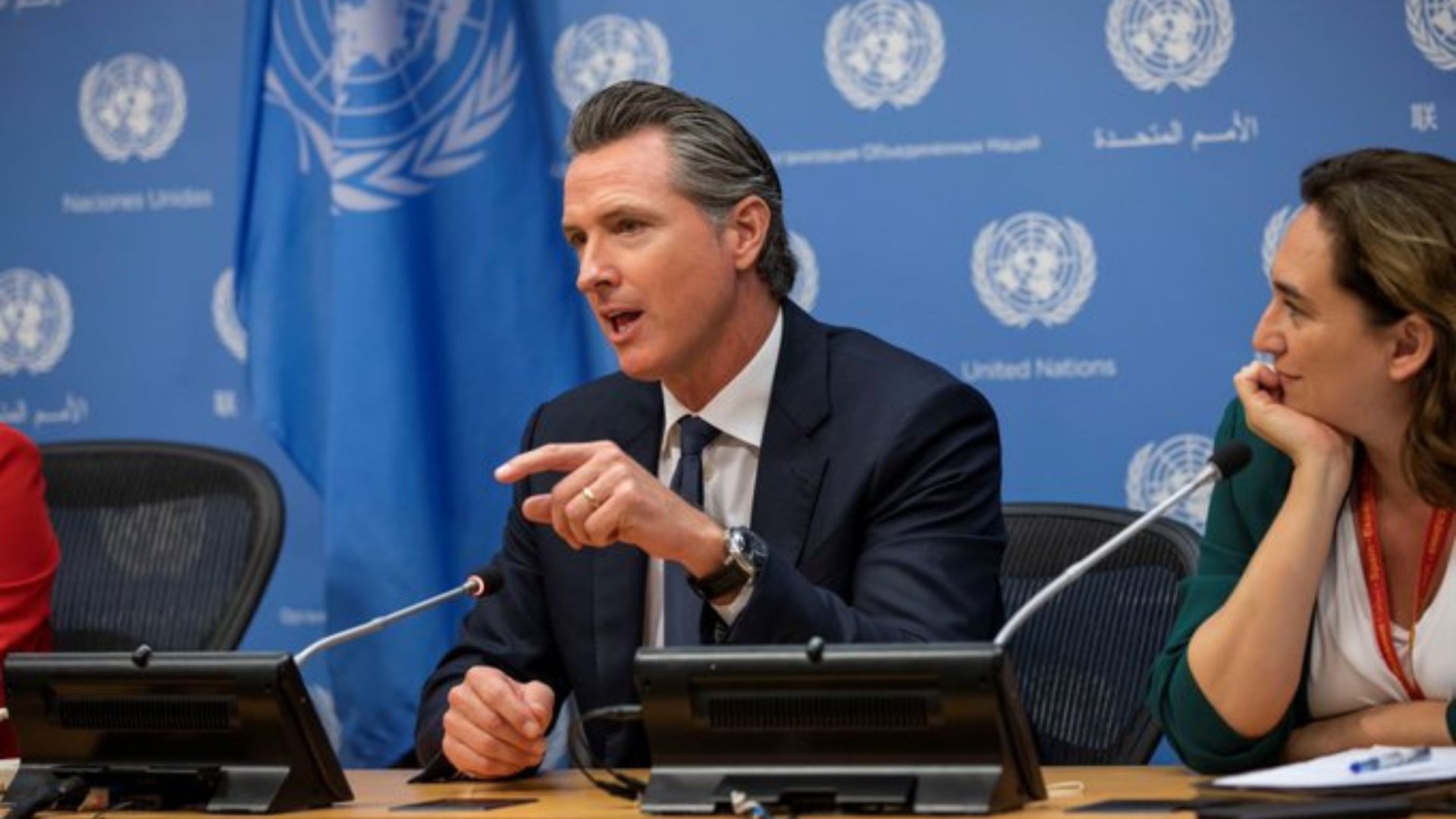
Governor Newsom has expressed strong opposition to any form of tax increases, especially a tax on the net worth of wealthy Californians, as reported by Politico.
This stance reflects his commitment to addressing the budget shortfall without imposing additional financial burdens on taxpayers.
Governor Newsom’s National Ambitions and State Support
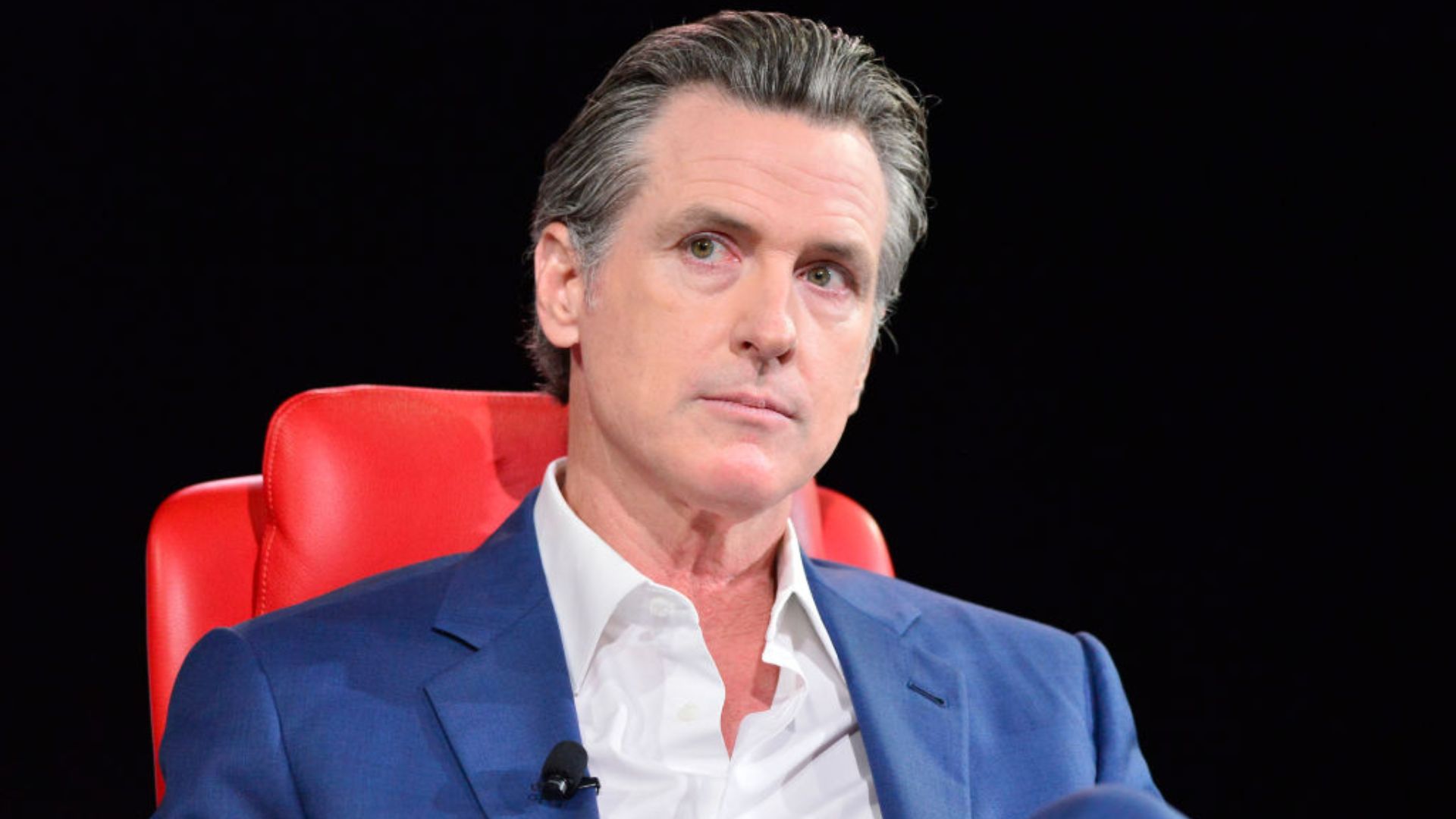
As Governor Newsom establishes himself as a national Democratic voice, his future ambitions, potentially as a presidential candidate, hinge on strong support from his home state, The Sacramento Bee reports.
The current mixed public opinion on his leadership could be crucial in shaping his political trajectory.
Challenges in Public Health Funding

Another aspect of the budget that faces changes is public health funding. Newsom’s proposal includes adjustments to the financial support for various health programs, reflecting the need to balance health care priorities with the state’s financial limitations.
The Los Angeles Times also explains that the $80 million funding for a program created to lessen the number of families in the child welfare system experiencing homelessness and the $50 million funding for a program assisting homeless California residents with disabilities will be delayed to the 2025–26 budget.
Tax Deadline Extensions and Budget Planning

The decision to extend tax deadlines due to storms has had a ripple effect on the state’s budget planning, as reported by Bloomberg.
This delay has contributed to the uncertainty in financial projections, complicating the process of creating a balanced budget and illustrating the unpredictability of fiscal planning in the face of natural disasters.
The Volatility of Income Tax Revenues

The Wall Street Journal notes that California’s budget heavily relies on income taxes from its wealthiest residents.
The fluctuating stock market has led to unpredictable revenue streams, making budget planning more challenging.
Economic Forecasts and Budget Adjustments

Speaking to the Los Angeles Times, Jerry Nickelsburg, an economics professor and director of the UCLA Anderson Forecast, suggests potential growth in the coming years.
Gov. Newsom’s budget proposal, which will undergo further revisions and negotiations, is part of an ongoing process to address California’s fiscal issues. The state’s approach to managing this deficit will be crucial in shaping its economic future.
